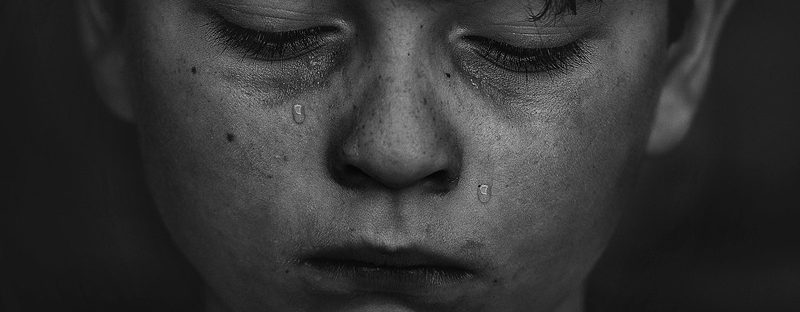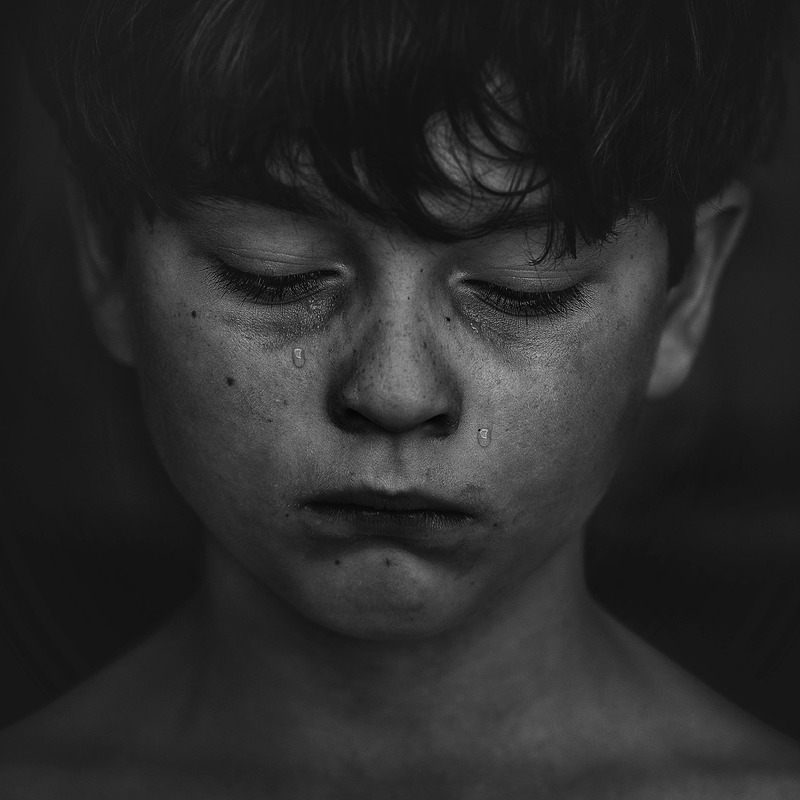“He that believeth and is baptized shall be saved; but he that believeth not shall be damned” Mark 16:16 (KJV).
While I was saved and baptized as a young teenager and loved the Lord, I was just busy getting on with my life, dreaming of the future, college, marriage and family,…I read my Bible, I attended church, prayed and naturally wove the topic of my faith into my conversations and life choices, I truly did believe, but…
“And, ye fathers, provoke not your children to wrath: but bring them up in the nurture and admonition of the Lord” Ephesians 6:4 (KJV).
During the summer after high school graduation I worked at the little local Carnegie Library. At noon I would walk a couple doors down and eat lunch with my grandparents. Thankfully they always made a point to challenge my thinking. This particular day I had made a bold statement about having my own faith and convictions. I remember his smile and her chuckle. And then my grandmother explaining how I had been living my parents’ faith and convictions. How, now entering the adult world and especially that of going away to college, my faith and convictions would be tested as I developed my own.
“Train up a child in the way he should go: and when he is old, he will not depart from it” Proverbs 22:6 (KJV).
Leaving our little “Mayberry” and entering the world of academia, my college educated and God loving grandmother was obviously correct. It wasn’t that I doubted her and of course, I definitely trusted her, it was that I just didn’t have a clue, as she herself knew, and as I was beginning to understand.
“Draw nigh to God, and he will draw nigh to you. Cleanse your hands, ye sinners; and purify your hearts, ye double minded” James 4:8 (KJV).
As I initially felt engulfed by all that this new world had to offer, I stayed true to my parents’ faith and convictions. I felt engulfed because I had left the protected and safe world where I honestly had never really dealt with dishonesty, where all the adults could be trusted and truly did care about my well being. While I would end up having college professors who were Christians, I also experienced like a deer in the headlights, professors who introduced me to a very foreign way of thinking. One atheist professor’s agenda was to destroy my faith in God. Yes, I was a (naive) Josh Wheaton being angrily challenged by my own Professor Radisson.
“Be strong and of a good courage, fear not, nor be afraid of them: for the Lord thy God, he it is that doth go with thee; he will not fail thee, nor forsake thee” Deuteronomy 31:6 (KJV).
Did I waffle? Yes. Did I doubt my faith in God? No, but I did waffle a bit. How? I did question my wholesome upbringing by becoming curious about decisions my college friends were making, seemingly oblivious to the consequences for their actions. I mean, I was an adult now. Wasn’t I mature enough and wise enough to dabble in some of the same choices as my free-er thinking college friends?
“Love not the world, neither the things that are in the world. If any man love the world, the love of the Father is not in him. For all that is in the world, the lust of the flesh, and the lust of the eyes, and the pride of life, is not of the Father, but is of the world. And the world passeth away, and the lust thereof: but he that doeth the will of God abideth for ever” 1 John 2:15-17 (KJV).
I did feel a mixture of emotions, guilt, shame, even regret for some of my own choices. I couldn’t understand what the difference was between others and their choices and me and my choices. How did they seem to not bear the weight of their own choices? Why weren’t they losing sleep and losing themselves?
“There is therefore now no condemnation to them which are in Christ Jesus, who walk not after the flesh, but after the Spirit” Romans 8:1 (KJV).
It would be years of feeling guilt, regret, self-condemnation and shame as I felt the burden of carrying the responsibility of my poor decisions. I just couldn’t seem to give myself grace. Did I doubt what Jesus had done for me?
“But God commendeth his love toward us, in that, while we were yet sinners, Christ died for us” Romans 5:8 (KJV).
I remember the moment the truth became crystal clear. It was not that I had abandoned my faith during my college days, despite for what I felt condemnation. I was wrong! It was not condemnation, but conviction I felt!! God had never left me, He had been there with me all along. He had gently whispered into my ears the truth, guiding it down into my heart. Freedom is a wonderful thing. I am loved by Him for who I am and not my poor choices. I am loved by Him because I am me.
“Come to me, all who labor and are heavy laden, and I will give you rest. Take my yoke upon you, and learn from me, for I am gentle and lowly in heart, and you will find rest for your souls” Matthew 11:28 (ESV).









